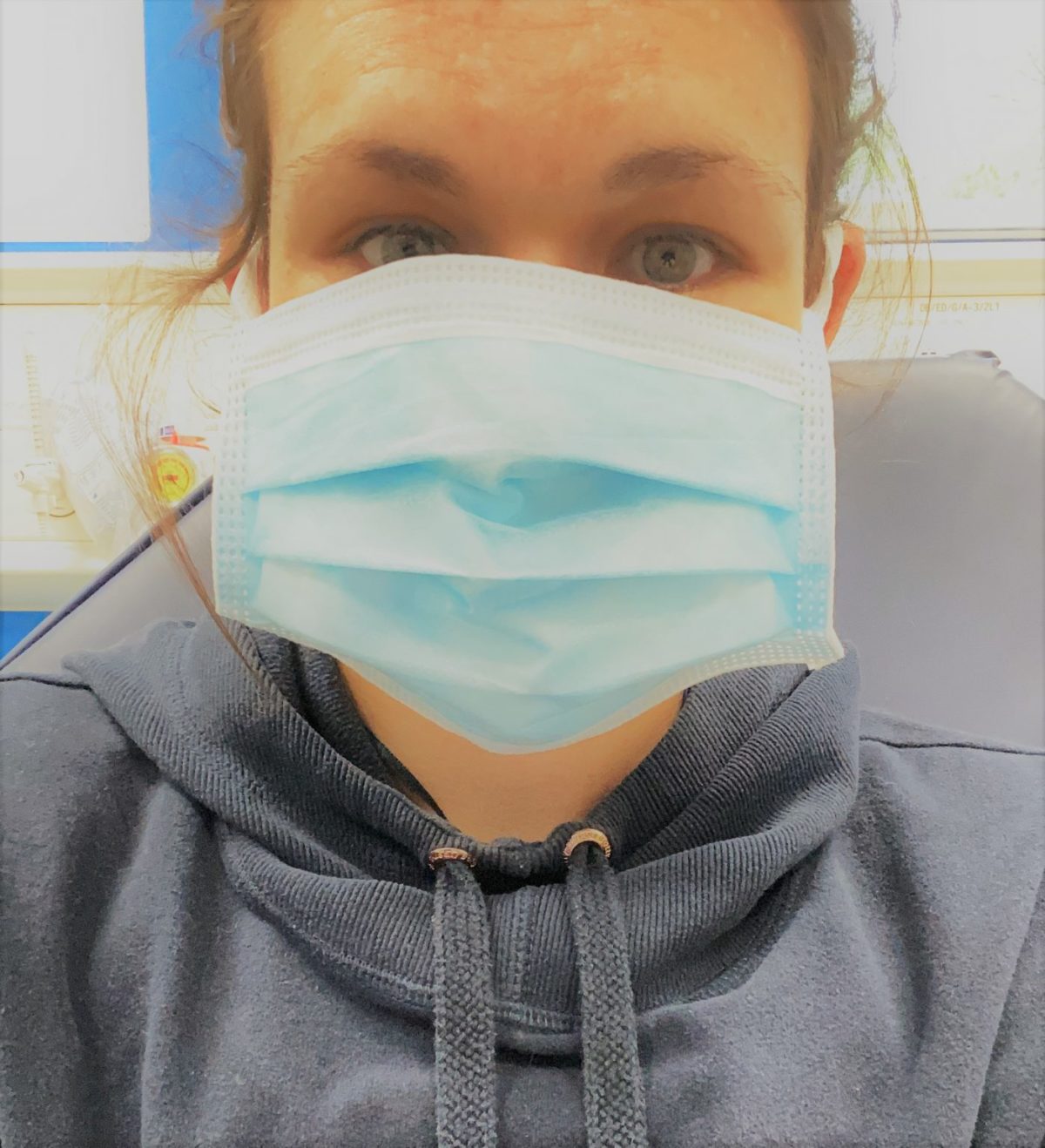No section of society is immune to the Coronavirus – including the athletic. Athletes unlucky enough to catch COVID-19 have had to deal with a serious and potentially life-threatening illness while being deprived of the athletic pursuits that are often core to their very existence and sense of wellbeing.
Luckily the athletic are more likely to resist the physical ravages of COVID-19 and use exercise and nutrition to recover faster from them.
“The immune cells that are mobilised with exercise are primed and ‘looking for a fight’,” wrote Richard J. Simpson, associate professor in the Departments of Nutritional Sciences, Pediatrics and Immunobiology at the University of Arizona for the American College of Sports Medicine recently.
“Their frequent recirculation between the blood and tissues functions to increase host immune surveillance, which, in theory, makes us more resistant to infection and better equipped to deal with any infectious agent that has gained a foothold. Exercise also releases various proteins that can help maintain immunity, particularly muscle-derived cytokines such as IL-6, IL-7 and IL-15.”
‘the chest x-ray showed pneumonia’
Kate Allan, British 50 Mile Time Trial Champion in 2017 and founder of endurance sports communications firm, Compete PR, developed COVID-19 symptoms back in March.
“Three weeks in, with symptoms becoming more intense, I ended up in A&E – breathless, with a horribly mucous-y cough and body aches like no other,” she wrote of her COVID-19 experience. “…the chest x-ray showed pneumonia in my right lung and the blood tests markers of infection.”
Before that Maidenhead-based Allan had tried to keep up gentle Turbo workouts amid her worsening condition but the hospitalisation and prescription of antibiotics forced her to cease all activity for a week or so before things properly started to improve. “…I felt great when I was on the bike (albeit at a very low intensity), and my heart rate was stable and in-keeping with what I would be recording when in full form. This offered false reassurance, leading me to believe that I was well and recovered, when I really should have been still resting.”
Coming down with COVID-19 prompted her to alter her eating patterns and views of nutrition.
“I’ve started taking magnesium, vitamin D and a more general multi-vitamin, and being more mindful about taking onboard healthier foods…My skin is brighter, and although I’ve felt pretty dreadful with lurgy – I can feel that my body is functioning far more effectively than it has been.”
Allan told The Draft she is not completely recovered from COVID-19 – high-intensity workouts are still off the agenda even three months after first contracting the virus.
“I would warn other athletes not to take it lightly – we athletes always want to push it but if I knew then what I know now I would not have tried to do so much. There is a real necessity to rest with this thing.”

‘I was just completely wacked on the sofa.’
Here at Yellow Jersey, business development manager and dedicated endurance athlete Tom McMorrin, developed COVID-19 symptoms after returning to London from a cycling trip to Girona in Spain at the beginning of March as lockdowns started to kick in.
His symptoms quickly worsened from the odd headache to full body aches and feelings of total exhaustion after group rides. “The only thing I could compare it to is the exhaustion you feel after ultramarathons. I was just completely wacked on the sofa. In a lot pain.”
Then followed waves of intense fever and night sweats and a heavy bout of influenza – the COVID-19 reality kicked in. McMorrin self-isolated and dug in for the home-alone fight against the virus’s symptoms that included coughing fits, ripping throat, intense body pain not to mention the mental health challenge of going cold turkey on his normally busy social and physical life.
“It took about three weeks before I left the house,” he said. “It was definitely tough – socialising and exercising have always been a big release for me – but things turned and about a week after the symptoms eased in early April and I started heading out for walks and gentle rides, doing some yoga, building up my heart rate.”
Nutrition helped him back too. “A friend runs a health food shop so she sent me a package of stuff.”
McMorrin, who had been “95% vegan” for the previous eight months and was no stranger to food and sports nutrition supplements, helped himself to his friend’s nutritional goodies that included a vitamin B12 spray, magnesium, an immunity-boosting probiotic, echinacea and high-dose vitamin C.
Now, months later, McMorrin says he’s pretty much back to full fitness although the pandemic has meant the cancellation of the major event he had been training for – a half Ironman in Italy in September.
“I’m not too fussed – it’s good in a way there are no events as you don’t rush back. I’m just glad to be back on the bike. It’s been very liberating.”